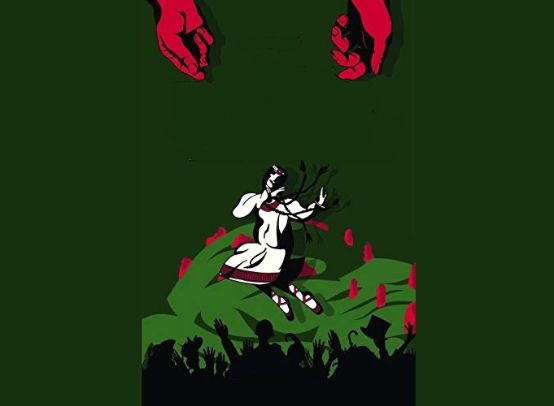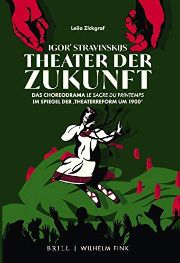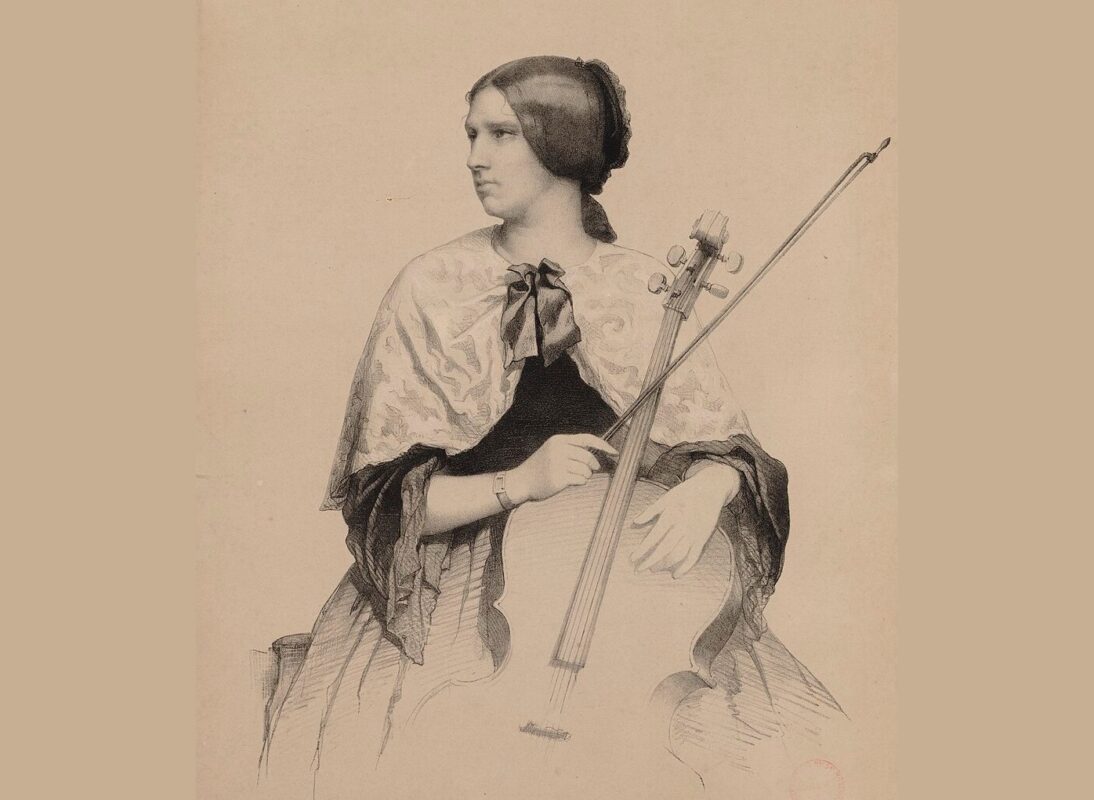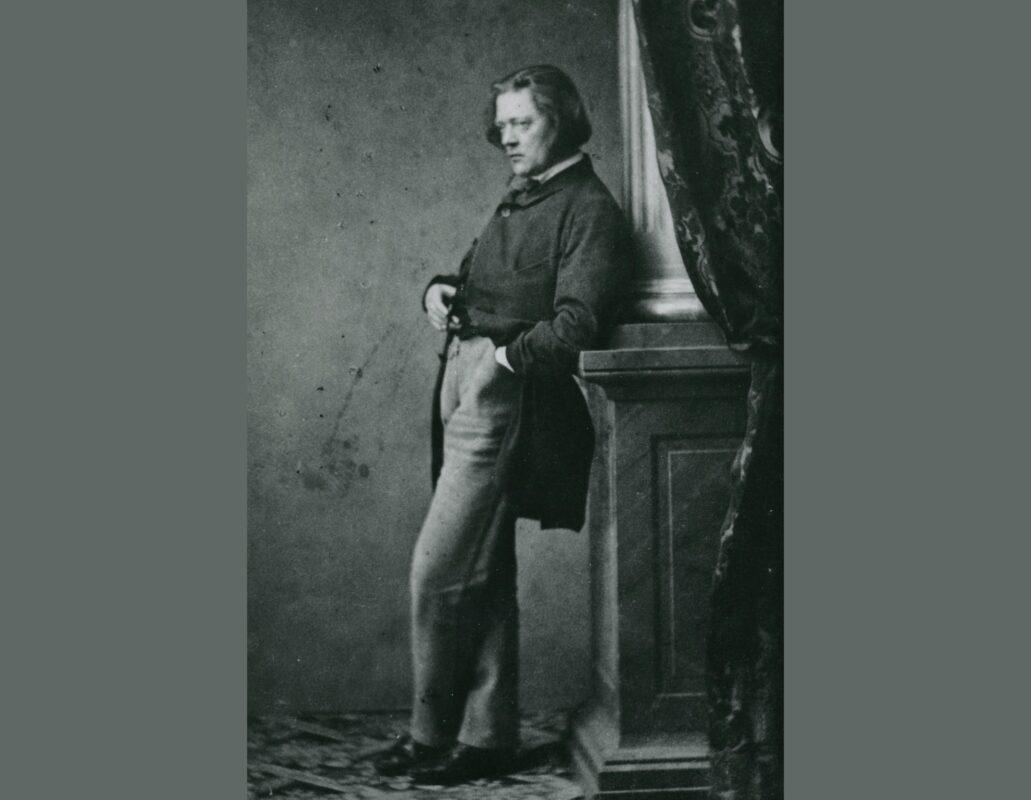Groundbreaking (re)contextualization
In her dissertation, Leila Zickgraf relates Stravinsky's epoch-making choreodrama to the so-called theater reform around 1900 for the first time, thus opening up an interdisciplinary approach.

It may be due to the disciplinary boundaries of musicology, theater studies and dance studies that both Igor Stravinsky's music and Vaclav Nijinsky's choreography of Le Sacre du Printemps are undisputedly considered epochal novelties in their specialist disciplines, the "Gesamtkunstwerk" and its creation have never been comprehensively placed in a cultural-historical context. Leila Zickgraf has now undertaken an overall view in her dissertation. The connections between leading figures of the Ballets Russes and the driving forces of (pan-)European theater reform around 1900 and their reform ideas - especially Georg Fuchs and Edward Gordon Craig - are documented by a large number of documents. Zickgraf's astonishment that a corresponding contextualization has not yet taken place is therefore all too understandable.
The author builds up her argument in meticulous detail and thus tells a story of the emergence of the Sacre and its underlying aesthetic aspirations. A great deal of background knowledge about the Ballets Russes and their relationship to theater reform as well as important digressions into the theater reform movement make the reading increasingly complex, but the author guides the reader skillfully for the most part. The very extensive footnote apparatus may at first glance be off-putting and slow down the flow of reading, but it supports the argument with numerous excerpts from letters and reviews, also in Russian (including translations). At the end, Zickgraf states: "The Sacre cannot be fully understood without the theatrical reform. Not only had Stravinsky and Nijinsky decidedly dealt with some of its central demands; the often invoked radical modernity of the work must also be attributed to them." (p. 210) In this way, the author puts together a considerable part of the puzzle of understanding the Sacre and creates a pioneering example of interdisciplinary research between historical musicology, dance studies and theater studies.
Leila Zickgraf: Igor Stravinsky's Theater of the Future. Das Choreodrama "Le Sacre du Printemps" im Spiegel der Theaterreform um 1900, 280 p., € 99.00, Wilhelm Fink, Paderborn 2020, Open Access: https://doi.org/10.30965/9783846764596









